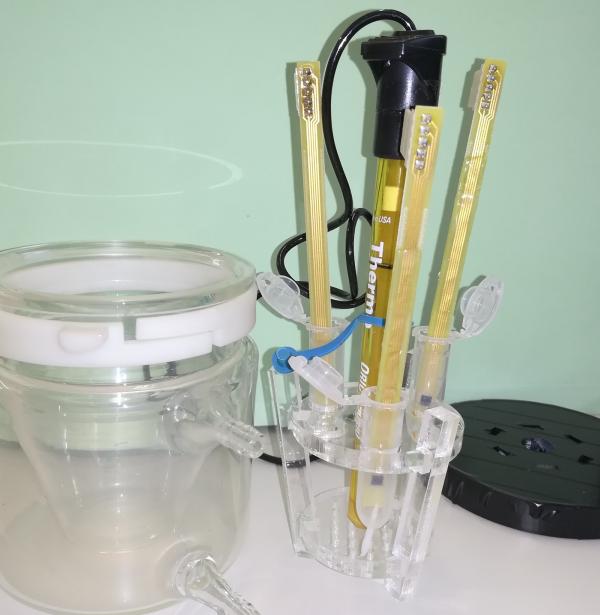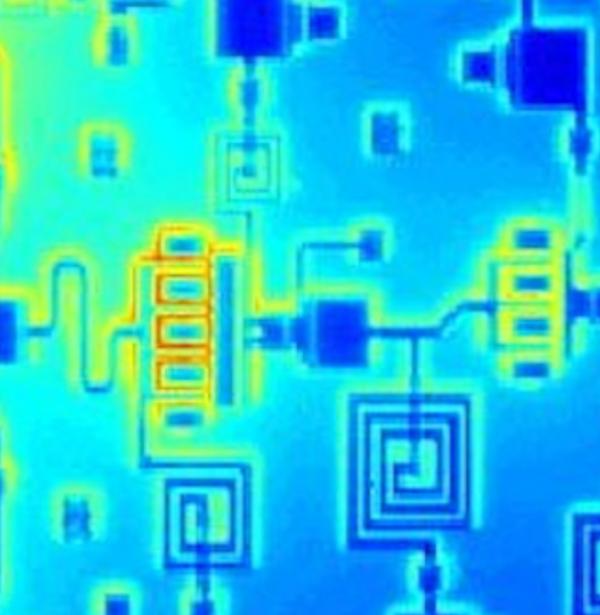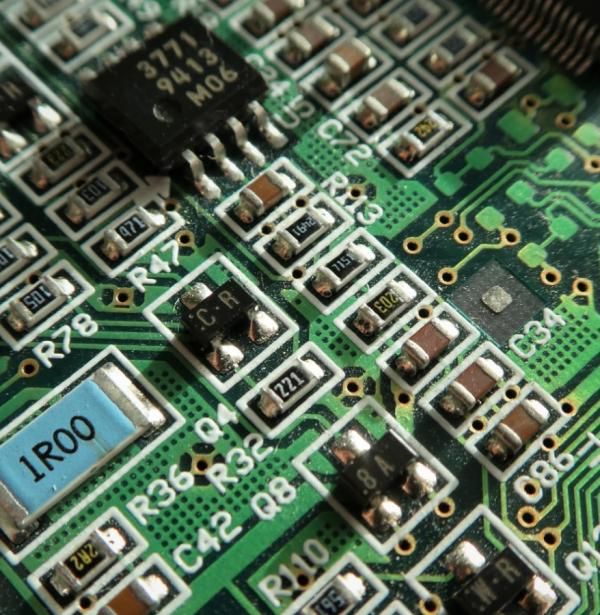Notícies
Rep les últimes notícies sobre el centre, la producció científica i l'activitat dels nostres investigadors.
Sistema de baix cost per monitoritzar els canvis de pH per avaluar la resposta als antibiòtics
L'estudi, publicat a Instrumentation Science & Technology, ofereix un sistema analític de baix cost amb sensors d'un sol ús per a seguir l'activitat metabòlica microbiana.
Extracció de resistències tèrmiques locals en circuits integrats monolítics de microones
Nou article publicat a la revista IEEE Transactions on Industrial Electronics pel Grup de Dispositius i Sistemes de Potència (PDS).
Nou projecte europeu per al desenvolupament de tecnologies ultracompactes d'emmagatzematge d'energia elèctrica
Horitzó 2020 atorga més de 4 milions d'euros de pressupost a un projecte internacional amb més de 10 institucions involucrades.
L'IMB-CNM col·labora en un projecte amb 75 institucions de 13 països per millorar la fiabilitat dels components electrònics
Intelligent Reliability 4.0 (iRel40) és un projecte internacional per millorar la fiabilitat de les ECS, un "imprescindible" per a complir les demandes i necessitats del client en un entorn cada vegada més complex.








